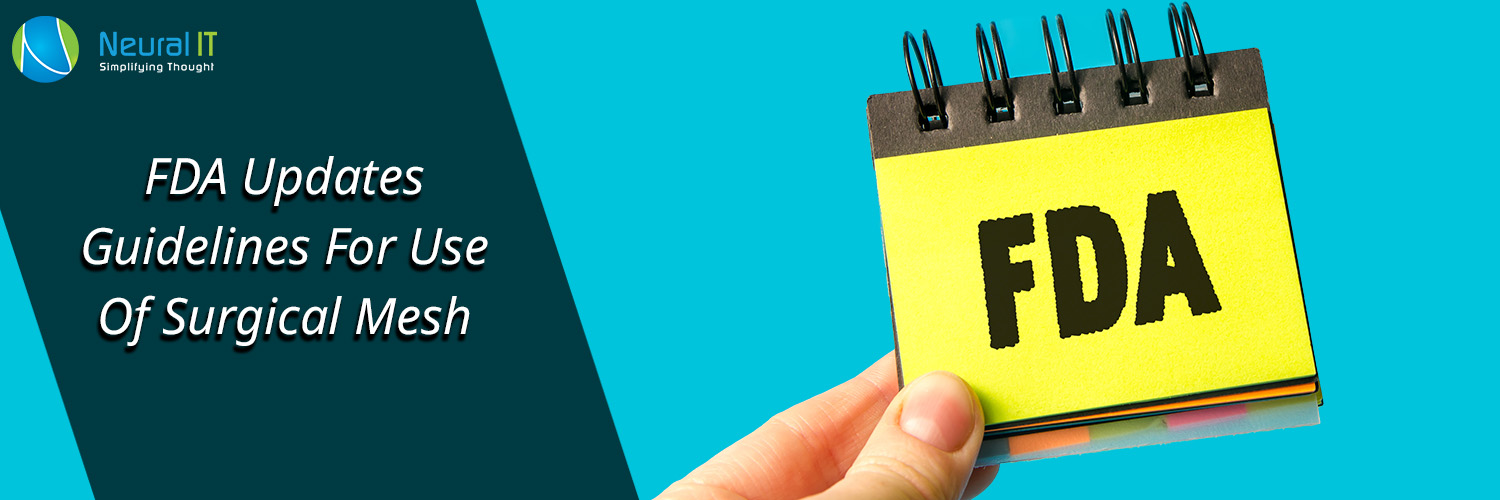FDA Updates Guidelines For Use Of Surgical Mesh
FDA Updates Guidelines For Use Of Surgical Mesh

Introduction
The U.S. Food and Drug Administration has revised its guidelines to assist patients in making knowledgeable choices on the use of surgical mesh in hernia repair.
The FDA examined 45 research articles published in the previous 11 years and 22 years' worth of adverse event reports in response to concerns regarding the safety of hernia mesh devices.
The adverse event reports list issues including discomfort, harm, and impairment, and the papers offer estimates of how frequently typical complications occur. The FDA has already taken a different kind of mesh off the market, but it is still keeping an eye on the safety of hernia devices.
In 2019, the FDA prohibited the marketing of mesh devices used for transvaginal pelvic organ prolapse repair. Mesh technologies have a longer history and a superior safety track record when it comes to abdominal hernia repairs.
But there are issues with the hernia devices. A man who received treatment with Ventralex hernia mesh from C.R. Bard, a Becton Dickinson affiliate, last year was awarded $4.8 million by a jury. More than 33,000 product liability lawsuits have been filed against BD over their range of hernia repair tools. For the autumn, more experiments are planned.
In light of this, the FDA has disclosed its current assessment of the available data about the safety of surgical mesh in hernia repairs. The organization provided information from two sections of its safety monitoring program, outlining the most frequent adverse occurrences in its 55,000 reports and outlining the findings of its research of the scholarly literature.
The FDA reports most commonly cite pain, damage, disability, infection, inflammation, and nausea as adverse effects. The literature and this coincide to some extent. The FDA discovered incidence ranges of 0.3% to 68% for pain and 0% to 21% for surgical site infection in the literature. Up to 3.8% of the time, pain has a major negative influence on quality of life.




